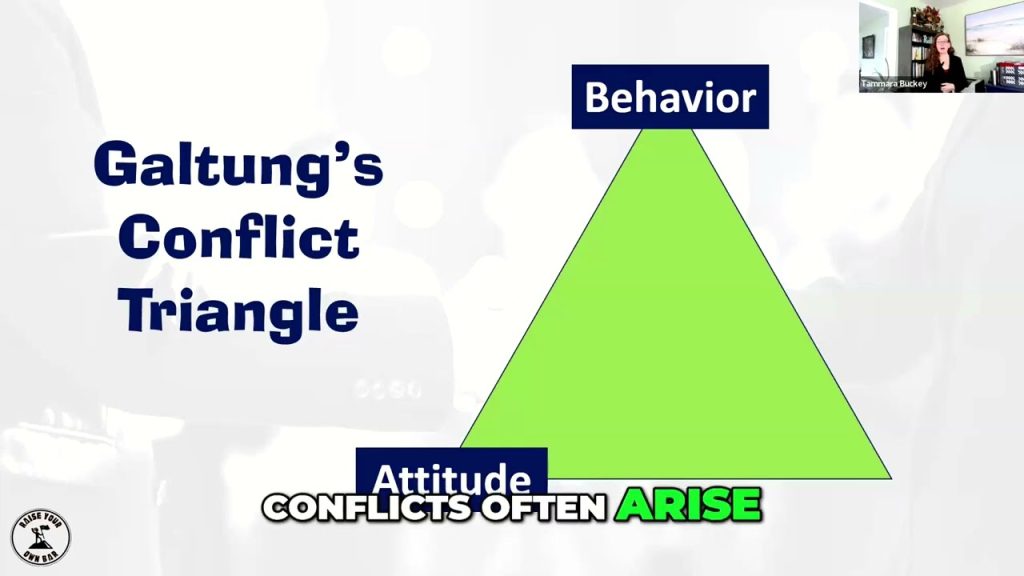Translating Behavior into Meaning: Understanding the Roots of Conflict

By Dr. Laura
Saturday, 15 November 2025 06:45 AM EST
One of the things I do on my radio show is translations. No, everything spoken is in English, but I have to translate behaviors into words. Most folks are specifically focused on behavior and not the meaning behind it. If we stay focused on behavior, there is no room for understanding and compassion; there is only room for misunderstanding, rage, and hurt feelings.
For example, a woman called in hurt and angry about something her sister did. She and her sister and their spouses would go on vacations together. When she suggested to her sister that they plan another trip, she didn’t hear anything back at first. There was no further discussion about it until, in a subsequent call, the sister revealed that she and her husband had booked their own vacation — just the two of them. They were going to the one place in the world she would never visit — the Caribbean. She was hurt and angry that her sister never called, texted, or emailed about her plans. After a lifetime of closeness, shared vacations, and such, she didn’t talk to her sister for months.
At first, I discussed the fact that her sister and husband might want to just spend some time together alone. And then there was the issue that they wanted to see the Caribbean and could only go without her because she refused to travel there. And why had the sister not told her? “She is scared of you,” I said, “and frankly, if I were not me, I would be scared of you, too!” When people are afraid to tell someone something because they know there will be negative feedback, they procrastinate! They put it off, trying to protect themselves.
A father called with his 12-year-old, adorable-sounding daughter. He said that the daughter had lots of anxiety. I asked the child about this, and she admitted she sometimes gets so worked up that her tummy hurts. Instantly, I asked her who else in her family has anxiety like hers. When I asked her to tell me more, she said that her mother is always worried about her getting sick. She calls her husband, who comes home with chocolate, which calms her down. I asked her how she felt when she saw her mom all anxious. “I feel bad because I feel it is my fault.” I gently told her to busy herself with something else while I talked alone to her dad.
I said, “Dad, your daughter is not the problem; your wife is.” Believe it or not, he replied, “I never thought about it that way.” There are times I just want to scream, “You’re kidding. Really?” But I guess folks want to avoid something too threatening (ill, manipulative wife) and focus on something safer (poor, anxious daughter). The daughter is feeling responsible for her mother’s emotional problems, and that results in psychosomatic tummy aches. Translation? Daughter is dealing with mom while husband isn’t.
From this moment on, work on translating behaviors into meanings. Behaviors tend not to change unless we appreciate what they mean. Listen to Dr. Laura on SiriusXM Channel 111, Mon.–Sat. 2–6pm ET, Sun. 5–9pm ET. Read Dr. Laura’s Reports — More Here.
Receive breaking news and original analysis – sent right to your inbox.
Privacy: We never share your email address.







